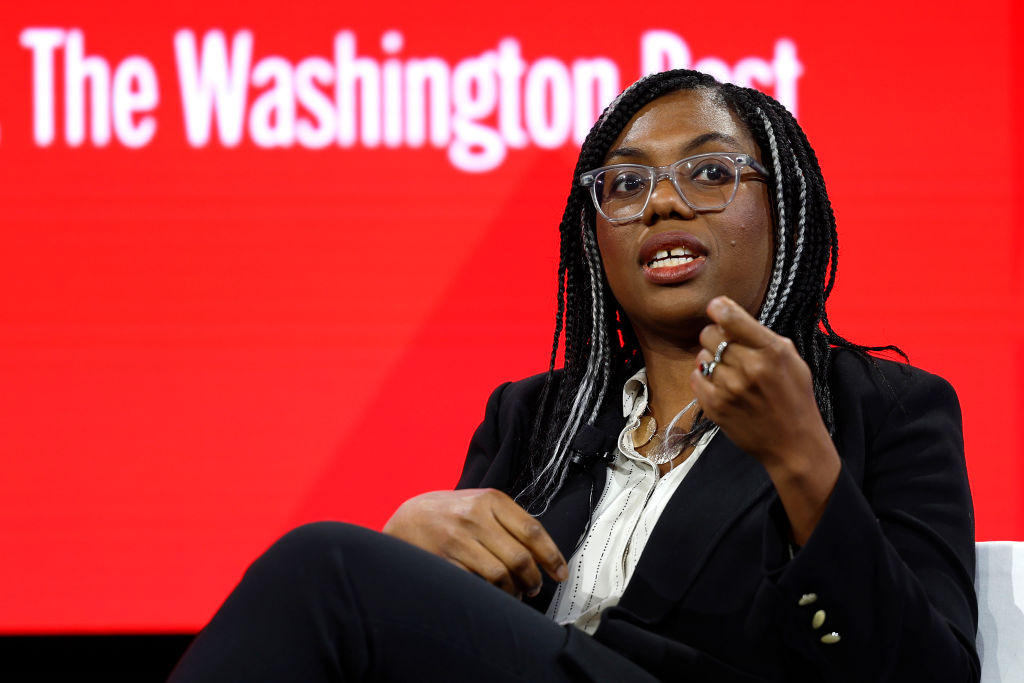This morning ministers have confirmed that Britain has joined the Comprehensive and Progressive Trans-Pacific Partnership (CPTPP) – the first new nation to do so since it was set up in 2018. It comes after nearly two years of intense negotiation and secures access for British exporters to 500 million people. Spanning Canada, Mexico, Japan, Australia, Vietnam and Malaysia, the deal is expected to be ratified by parliament and those of the other 11 member states later this year.
Rishi Sunak claims that ‘this deal demonstrates the real economic benefits of our post-Brexit freedoms’; Kemi Badenoch, the Trade Secretary, says it ‘sends a powerful signal that the UK is open for business.’ Ministers expect CPTPP membership to generate £1.8 billion of extra income once it has been up and running for ten years. They point to it as a sign of deeper engagement with the four-billion-strong Indo-Pacific region as part of Britain’s foreign policy. As the first non-founding member of the bloc, the UK is expected to set the template for other applicants to join, including Costa Rica and Uruguay. And with Britain now a member, it can use the bloc’s unanimous decision to veto China, who also applied for CPTPP membership back in 2021.
The news has been hailed in the Tory press and the broader centre-right as an unambiguously good thing. Much of the commentary has inevitably focused on comparisons with the EU, with Brexiteers keen to stress the superiority of Britain’s new trade bloc. Lord Frost writes in the Telegraph today that ‘with Britain a member, the CPTPP has the same GDP as the EU27’ but that it’s ‘a totally different organisation to the EU’ as a ‘genuine free trade area’. Some even suggest that the deal means the UK will now ‘never’ rejoin the EU’s custom union or single market. That seems overblown as the pact has a clear withdrawal provision which requires just six months notice: much like Britain leaving the EU, the UK could one day leave CPTPP.
The deal looks strong enough on its existing merits, rather than hyperbolic claims. It is also that precious thing: a post-Brexit issue which unites the entire Conservative parliamentary party in agreement, unlike the Stormont Brake. It represents a rare point of continuity throughout recent Tory administrations. Liam Fox was an enthusiastic advocate under Theresa May before Boris Johnson championed it as part of his ‘Global Britain’ vision. It was his government that first announced its bid to enter CPTPP in June 2021, with Liz Truss beginning formal talks two months later as Trade Secretary. She has welcomed today’s agreement as ‘an important counterweight to those who seek to undermine our values.’
Truss’s successor Anne-Marie Trevelyan told The Spectator last June that she would like to have CPTPP accession ‘as a Christmas present’; her replacement Kemi Badenoch will get to unwrap it instead. Badenoch has earned praise for her handling of the talks and work to build relationships since taking up the post in September last year. She now stands to take much of the credit, but coming at a fractious time for the Conservative party, it deserves to be recognised as a wider Tory triumph too. Badenoch has said this herself, tweeting her thanks to ‘my predecessors, the Prime Minister and fellow trade ministers’ for securing membership.
All four current or former prime ministers in parliament can be said to have had a hand in securing Britain’s membership of CPTPP. And, at a time when MPs are split on a range of issues, today’s announcement is the rarest of all things: an agreement popular with the various bands of Tory Remainers, free trade Trussites and Brexit-backing Johnsonites.







Comments